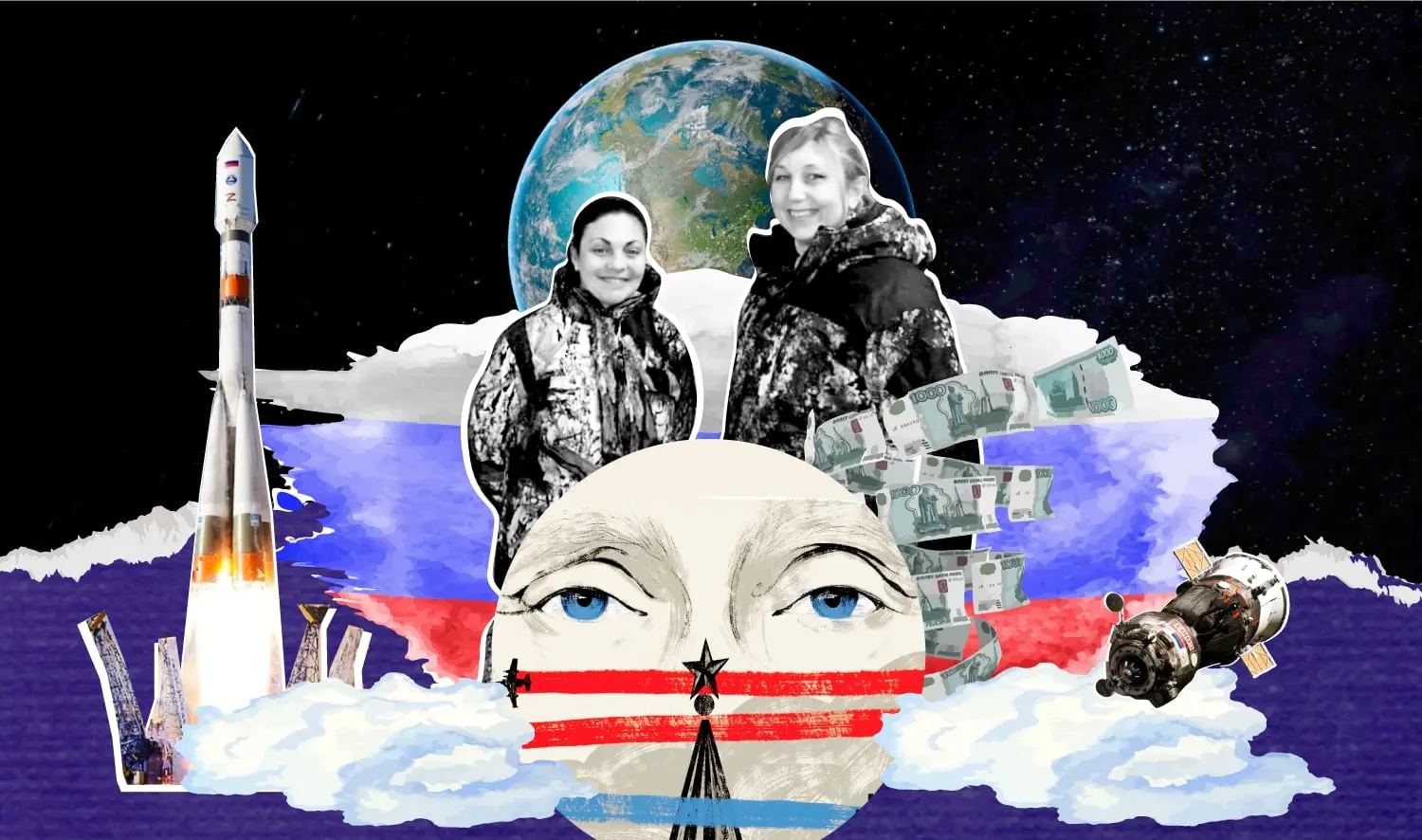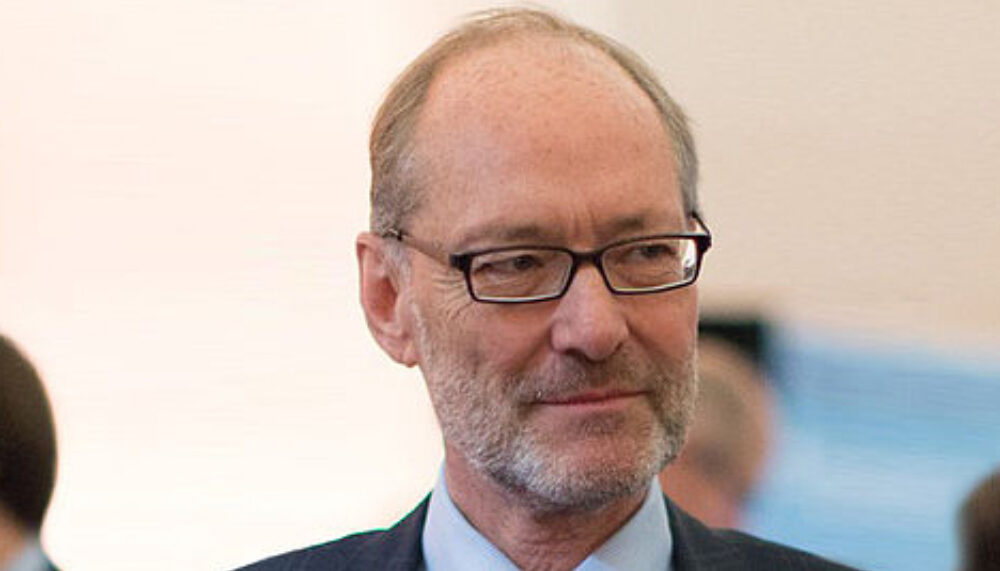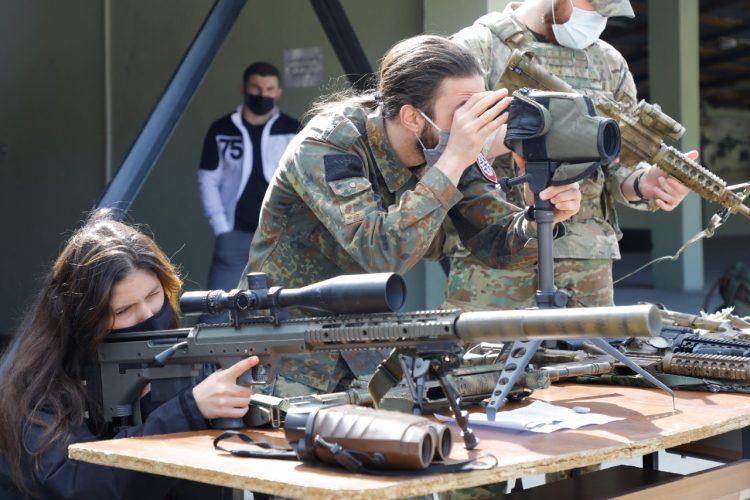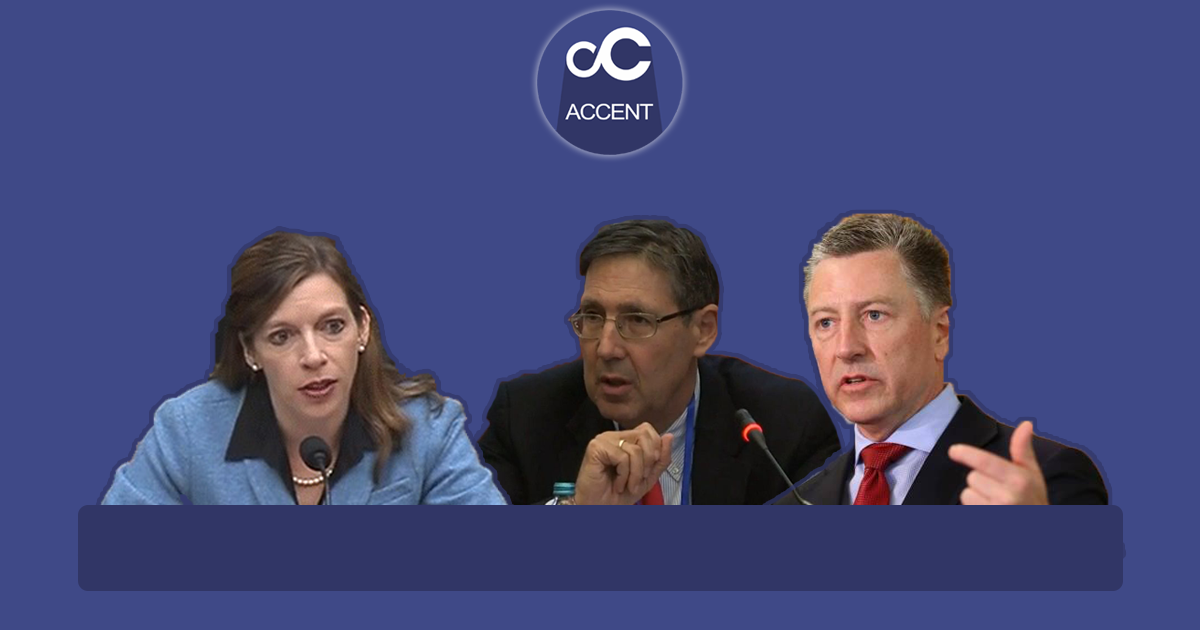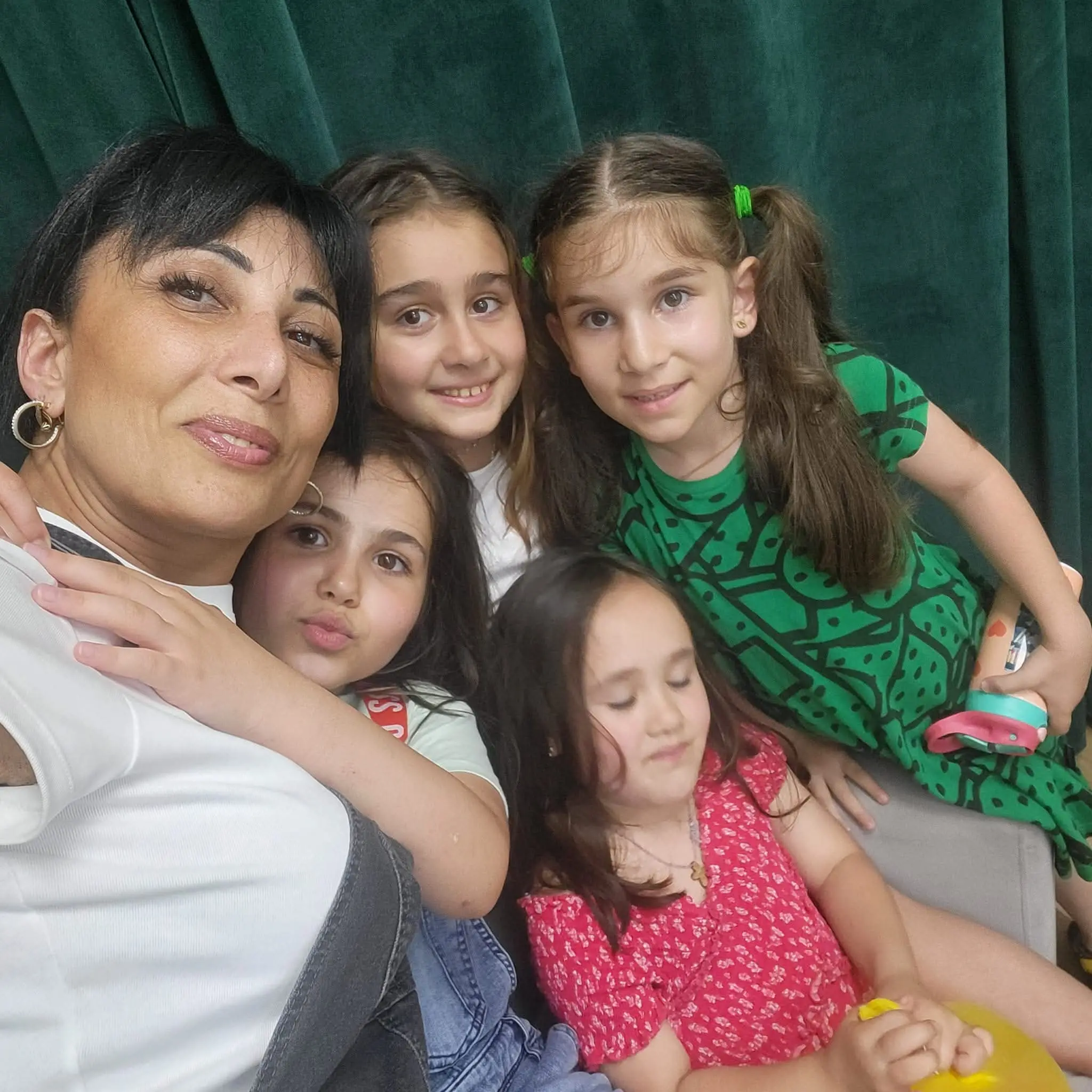
Transformation Through Migration: How “Iberia 2025” Turns Cultural Heritage Into a Therapeutic Bridge in America
25/11/2025 05:44:00 Interview, Society
Ekaterine Chichua’s Innovative Social Enterprise – Using UNESCO Polyphony as a Tool Against Childhood Trauma
New York — Migration is often filled with stories of difficult social adaptation and emotional trauma. Yet in Brooklyn, vocal pedagogue and social entrepreneur Ekaterine Chichua believes that cultural heritage can become the strongest tool for overcoming these challenges. Her project, “Iberia 2025,” is no longer just a Georgian ensemble; it is an innovative social enterprise with a 4-state expansion plan, aimed at supporting the psycho-social resocialization of migrant children in America through music-based therapy.
Migration often brings stories of difficult social adaptation and emotional trauma. Yet in Brooklyn, vocal pedagogue and social entrepreneur Ekaterine Chichua believes that cultural heritage can become the strongest tool to face these challenges. Her project, “Iberia 2025,” is no longer just a Georgian ensemble; it is an innovative social enterprise with a four-state expansion plan, aiming to support the psycho-social resocialization of migrant children in America through music therapy.
From Qualification to Crisis: The Entrepreneur’s Journey
Ekaterine Chichua’s connection to music began at the age of four, when she sang in the children’s vocal ensemble Nergebi. In Georgia, she completed her studies at Sulkhan-Saba Orbeliani Pedagogical University (Primary Education) and at the Zakaria Paliashvili Music College (Vocal Pedagogy).
“I have never lived a single day without music. It is my spiritual nourishment,” she says.
In 2019, she moved to the United States with her husband, Goga Mamphoria. According to her, the early period of emigration was marked by “the hardest days, uncertainty, nostalgia, and pessimism.” This experience, reinforced later by her work managing a COVID-19 crisis center (under the organization “Tvistomi”), became the therapeutic foundation for her program Iberia 2025. At the crisis center, she demonstrated high organizational responsibility and crisis-management intelligence — proof of her readiness to run a social enterprise.
Music as Therapeutic Intervention (TIMM Model)
“Iberia 2025” is not an ordinary music studio. It is based on a Trauma-Informed Music Model (TIMM), which leverages the unique power of Georgian vocal heritage to help migrant children (ages 3–16) suffering from PTSD, anxiety, and isolation.
Scientific justification
Research confirms that migrant children often struggle to express trauma verbally. Chichua’s model uses a UNESCO masterpiece — Georgian polyphony — for nonverbal therapy, which, according to conclusions referenced by Harvard Public Health, is one of the most effective ways to support emotional regulation.
Unique method
The program includes 24 weeks of intensive training in Georgian music (phonetic accuracy, polyphony), followed by another 24 weeks of hybrid integration, where Georgian vocal skills are directly applied to learning English-language songs, thus lowering the language barrier.
Local Success and National Plans
Despite early difficulties, the Iberia ensemble (founded in 2020) has grown rapidly. More than 40 children have already completed the training — and many say it helped them overcome school challenges, enter Middle School, and integrate more fully into American society.“It’s worth everything when schools hold traditional cultural days and Georgian children represent a little Georgia… They receive the most applause, wins, and recognition. In those moments, I know I am fulfilling my mission,” Chichua reflects.
Since 2020, Iberia has actively participated in many events and festivals:
In 2023, the ensemble performed at an international festival
in AtlantaIn 2024, they performed at the Boston International Folklore Festival
They’ve performed several times in prestigious venues such as Tribeсa, Roulette, Markin Hall at Kaufman Music Center, and The Mark O’Donnell Theater.
Additionally, they have held several solo concerts
Looking ahead (2025–2026)
Iberia plans performances at The Kaye Playhouse at Hunter College, Clark Studio Theater at Lincoln Center, and at the VIII Annual International Festival of Arts “Pearl of Miami” (2026).
National Vision - Expansion and Cultural Integration: Chichua and her team have ambitious plans for growth: Four-State Expansion: The program plans to expand from New York into New Jersey, Connecticut, and Pennsylvania.
Multicultural Integration: Starting in 2026, Iberia aims to partner with cultural centers of various nationalities (Ukrainian, Latin American, Asian) for joint masterclasses and cultural events. This will broaden the impact of the TIMM model across the country.
International Festival (2028): By 2028, they plan to establish an annual International Festival of Migrant Children’s Song and Music, bringing together children from diverse national backgrounds living in the U.S. This would create a national-scale cultural platform.
Collaboration and Support: The first Georgian cultural center in the U.S., Dancing Crane Company, is a key partner for Iberia. Its founders — Victor Sirelson and Lika Bakhturidze-Sirelson — offer strong support, and their open communication has played a crucial role in the founding and ongoing development of Iberia 2025. They regularly exchange ideas and work together toward shared cultural goals.
Ekaterine Chichua’s Iberia 2025 is a unique and powerful social enterprise: combining Georgian musical heritage, professional pedagogy, and therapeutic care. Her TIMM model transforms cultural isolation into emotional resilience, offering migrant children not only a connect.






